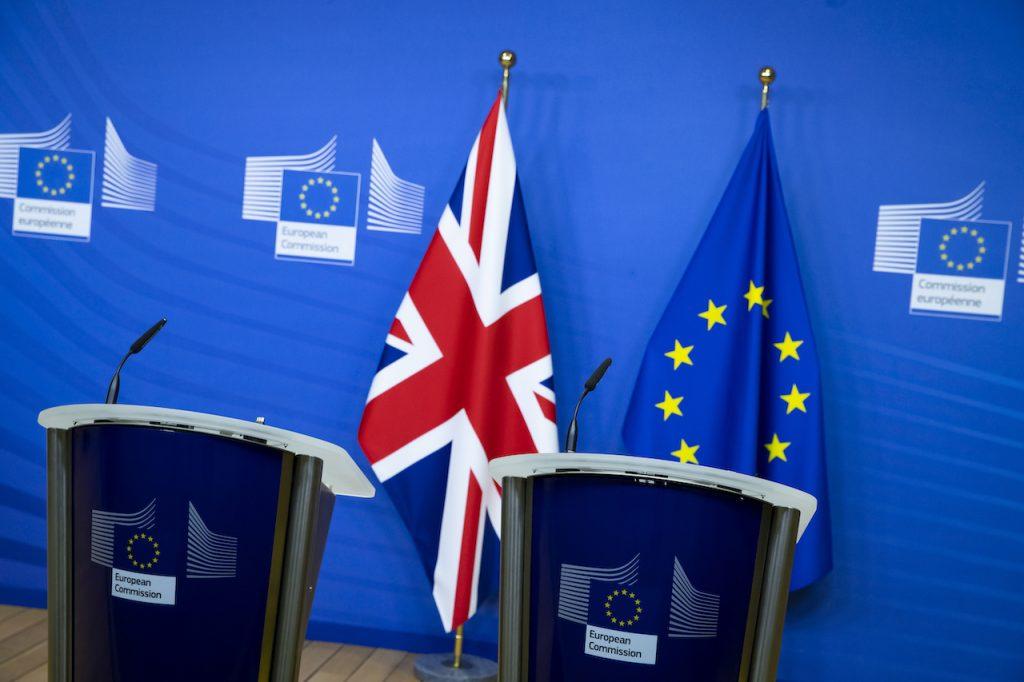Does Brexit mean bye-bye British English, ‘allo ‘allo Euro-English?
Some officials are arguing for the EU to establish a 'European English' as an official language alongside the 'proper' version.
Just In
Some EU officials are saying that with Britain gone, now is the time for the EU to develop its own version of the language of Shakespeare.
The Brits’ departure from Brussels means they risk relinquishing their grip throughout the EU on one of their most precious assets: the English language.
Some officials are arguing for the EU to establish a “European English” as an official and equally legitimate language alongside what purists would call the “proper” version.
“It’s time for the people in mainland Europe who have English as a second language to determine the future of English for the European Union,” Marko Modiano, a professor of English at the University of Gavle in Sweden, told Politico.
Modiano proposes that the EU should take the lead in defining and promoting what he calls Euro-English, complete with its own “punctuation, spelling, some grammar, and some vocabulary”.
But other linguists are pushing back, arguing that there are both practical and democratic reasons for preserving British English in the EU’s official communications and using it as a standard second language across the Continent.
The EU’s policy of multilingualism aims to put all of the bloc’s 24 official languages on an equal footing, but with the expansion of the EU in recent decades, the reality is that English has become the lingua franca in Brussels. Before being translated into the bloc’s other languages, around 90% of EU legislation now starts life in English.
And it’s not Euro-English or American English, it’s British English.
The domination of English in Brussels is much to the chagrin of the French, who have frequently bemoaned the Anglo-Saxon takeover. But most officials say French is never coming back as the EU’s dominant language and multilingualism is not a practical way to communicate across the Continent.
Modiano argues a sort of Euro-English is already developing. It may not always sound correct to a native speaker, but it should be embraced, he says.
For Modiano, this is also about power. “Someone is going to have to step forward and say, ‘OK, let’s break our ties with the tyranny of British English and the tyranny of American English.’ And instead say ‘we are competent second-language speakers. This is our language.’”
But Jeremy Gardner, former senior translator at the European Court of Auditors, said there is no need for a new model, and warned that diverging from British English could be damaging.
The reality is the average European citizen wants to speak in “proper” English not some peculiar European construct.
Gardner argued that schoolchildren and other learners across the EU want to learn a form of English that is recognised the world over, saying, “They don’t want a model that will help them communicate with a professor in Sweden.”
Another stumbling block for Euro-English is the fact that, in Ireland and Malta, the EU still has two countries where English is an official language. This makes a shift away from “proper” English even less probable.
“We certainly would not want the non-English speaking member states to impose on Ireland a kind of English that Irish people can’t understand,” a highly placed EU official said.
“In any case, we have no plans to use a new Euro version of English.”
Subscribe to our newsletter
To be updated with all the latest news and analyses daily.
